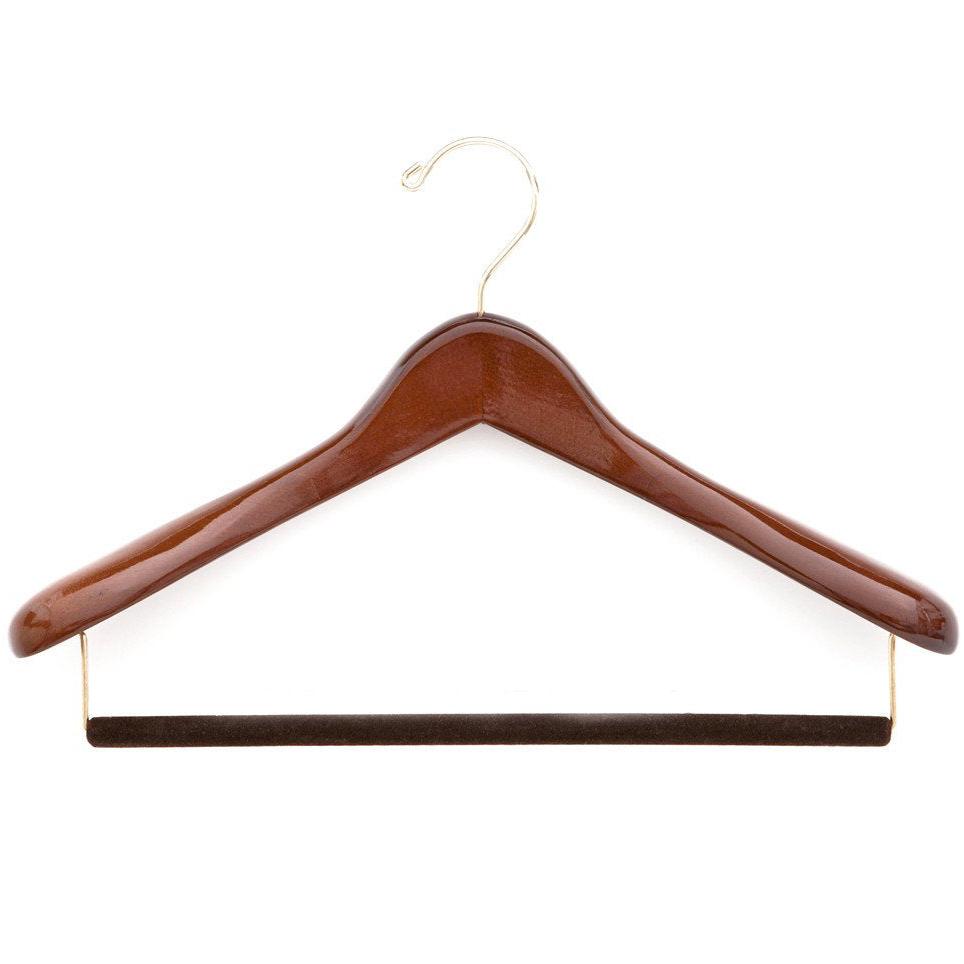otc
Stylish Dinosaur
- Joined
- Aug 15, 2008
- Messages
- 24,539
- Reaction score
- 19,196
When will the loan be paid off otherwise? At 6%, I'd be inclined to stick to the current payment plan.
Odds are, the money will do better in a 401k. And the interest on that money will compound over a growing base (the interest on your loan is compounding over an ever shrinking base).
I understand the desire to get rid of the loan just to have it gone, but if you are still getting a tax credit for it and aren't paying too much interest, I'd be hesitant to change anything. Are you planning to go back to school at any point? I have loans that I could pay off in cash today, but I think they are all at 6% or less and I just don't think it is worth it...especially since I think they all go back into interest-free deferment if I decide to go into a part-time program.
Odds are, the money will do better in a 401k. And the interest on that money will compound over a growing base (the interest on your loan is compounding over an ever shrinking base).
I understand the desire to get rid of the loan just to have it gone, but if you are still getting a tax credit for it and aren't paying too much interest, I'd be hesitant to change anything. Are you planning to go back to school at any point? I have loans that I could pay off in cash today, but I think they are all at 6% or less and I just don't think it is worth it...especially since I think they all go back into interest-free deferment if I decide to go into a part-time program.



